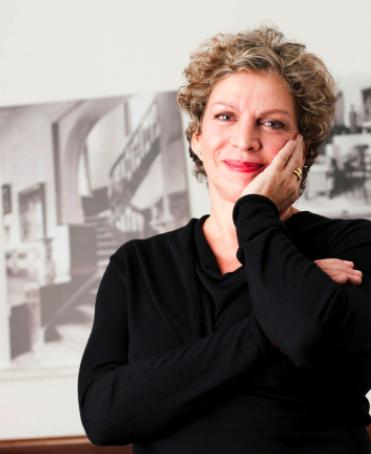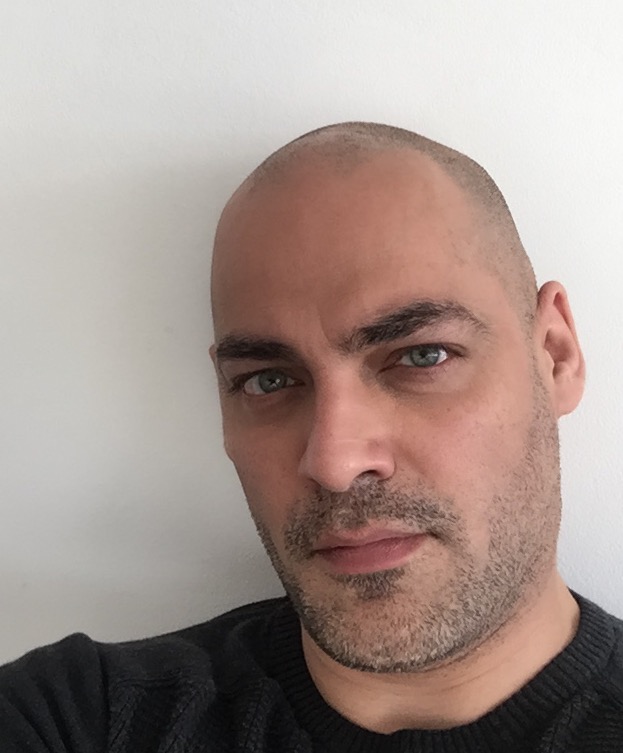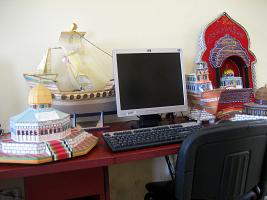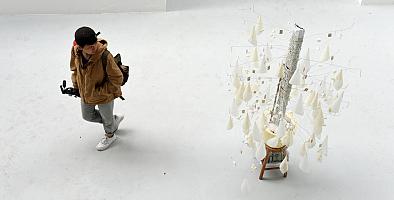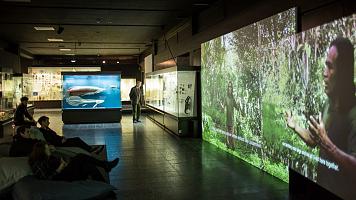MPhil/PhD
Advanced Practices
Content navigation menu
Why study MPhil/PhD Advanced Practices at Goldsmiths
This programme will provide you with an opportunity for your own work to engage with the widening horizons of new practices. It will also enable you to invent methodologies, reframe urgencies, and reimagine the contexts for work.
- Building on theoretical grounding, the programme offers an opportunity to bring together different sources of knowledge, methodologies, and models of making public.
- Concepts animating our work on the programme are:
- Choreo politics
- Anthropology as cultural critique
- Cultural metabolics
- Curatorial knowledges
- The exhibitionary matrix
- The intrusions of nature
- Race and digital ecologies
- Practice epistemology
- Spectral infrastructures
Contact the department
If you have specific questions about the degree, contact Professor Irit Rogoff.
Length
3-4 years full-time or 4-6 years part-time
Fees
Home - full-time: £4786
Home - part-time: £2393
International - full-time: £17690
Department
You'll research
This is practice-driven and research-based programme, which can incorporate projects in progress, collaborations with organisations, and platforms. It can also be an opportunity to rethink the circulation and meaning of how/to whom work is communicated, and to put forms of transdisciplinarity into practice.
Seminars are taught six times a year, encouraging those working in the field to be able to maintain their work. Participants are artists, curators, organisers, researchers, and activists.
In addition to the seminars the programme will involve the oral presentation of a research project, participation in department pre-upgrade panel, and a dissertation (practice-based and written submission).
There is a collaborative Practice Laboratory focused on an annual thematic that is investigated collaboratively – this Laboratory is currently taught in weekly online meetings, seminars, and guest lectures.
The programme is linked to the European Forum for Advanced Practices (funded by the cost.eu action).
Assessment
Visual Cultures assessments are 100% coursework. Normally this consists of essays, sometimes accompanied by creative projects, group projects, multi-media projects, presentations, symposia, reviews, and studio work.
Guest lecturers
Recent guest lecturers (2019-2023) include:
- Adam Bencard, Chief Curator, Museum of Medicine, Copenhagen
- Christine Shaw, “The Work of Wind”, Chief Curator, Toronto University Museum
- Manuela Moscoso (Liverpool Biennial “The Stomach and The Port”)
- CAMP, Arts and Research Collective, Mumbai
- Coco Fusco, Performance Artist, Filmmaker and writer, Florida
- Nora Sternfeld ,Curator and Educator, Hamburg and Vienna
- Elvira Dyangani Ose, The Showroom, London
- Michael Neuman, Medicin San Frontieres
- Michel Feher
- Michael Taussig
- Naeem Mohaiemen
- Stefano Harney
What our students say
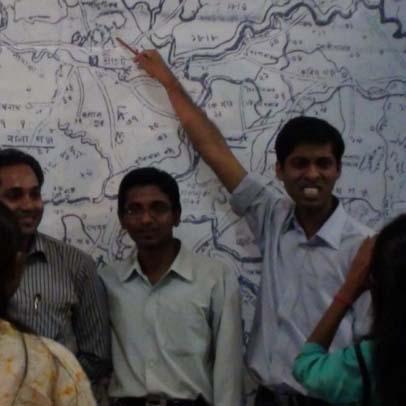
Fees and funding
Annual tuition fees
These are the PG fees for students starting their programme in the 2024/2025 academic year.
- Home - full-time: £4786
- Home - part-time: £2393
- International - full-time: £17690
If your fees are not listed here, please check our postgraduate fees guidance or contact the Fees Office, who can also advise you about how to pay your fees.
It’s not currently possible for international students to study part-time under a student visa. If you think you might be eligible to study part-time while being on another visa type, please contact our Admissions Team for more information.
If you are looking to pay your fees please see our guide to making a payment.
Funding opportunities
You may be eligible to apply for the following funding:
- AHRC studentships
- ESRC studentships
- Asymmetry PhD scholarships for candidates working within or identifying with Greater Chinese and Sinophone cultures
Goldsmiths scholarships and studentships
Explore the Goldsmiths scholarships finder to find out what funding you may be eligible for.
Paying your fees
Find out about paying your tuition fees.
Additional costs
In addition to your tuition fees, you'll be responsible for any additional costs associated with your course, such as buying stationery and paying for photocopying. You can find out more about what you need to budget for on our study costs page.
There may also be specific additional costs associated with your programme. This can include things like paying for field trips or specialist materials for your assignments.
Entry requirements
You should normally have (or expect to be awarded) a taught Masters in a relevant subject area.
You might also be considered for some programmes if you aren’t a graduate or your degree is in an unrelated field, but have relevant experience and can show that you have the ability to work at postgraduate level.
We welcome applicants from all disciplines, as well as those with a background in art and curatorial practices who want to engage with the expanded field. Such background can be a relevant degree or cumulative practice. The programme enables exchanging knowledges and experiences between multiple fields contributing to the advancing of practices.
International qualifications
We accept a wide range of international qualifications. Find out more about the qualifications we accept from around the world.
If English isn’t your first language, you will need an IELTS score (or equivalent English language qualification) of 6.5 with a 6.5 in writing and no element lower than 6.0 to study this programme. If you need assistance with your English language, we offer a range of courses that can help prepare you for postgraduate study.
How to apply
You apply directly to Goldsmiths using our online application system.
Before submitting your application you'll need to have:
- Details of your education history, including the dates of all exams/assessments
- The email address of your referee who we can request a reference from, or alternatively an electronic copy of your academic reference
- Contact details of a second referee
- A personal statement – this can either be uploaded as a Word Document or PDF, or completed online
- Details of your research proposal
- If available, an electronic copy of your educational transcript (this is particularly important if you have studied outside of the UK, but isn’t mandatory)
You'll be able to save your progress at any point and return to your application by logging in using your username/email and password.
Before you apply for a research programme, we advise you to get in touch with the programme contact, listed above. It may also be possible to arrange an advisory meeting.
Before you start at Goldsmiths, the actual topic of your research has to be agreed with your proposed supervisor, who will be a member of staff active in your general field of research. The choice of topic may be influenced by the current research in the department or the requirements of an external funding body.
If you wish to study on a part-time basis, you should also indicate how many hours a week you intend to devote to research, whether this will be at evenings or weekends, and for how many hours each day.
Research proposals
Along with your application and academic reference, you should also upload a research proposal at the point of application. This should be in the form of a statement of the proposed area of research and should include:
- Delineation of the research topic
- Why it has been chosen
- An initial hypothesis (if applicable)
- A brief list of major secondary sources
When to apply
We accept applications from October for students wanting to start the following September.
We encourage you to complete your application as early as possible, even if you haven't finished your current programme of study. It's very common to be offered a place conditional on you achieving a particular qualification.
If you're applying for external funding from one of the Research Councils, make sure you submit your application by the deadline they've specified.
Selection process
Admission to many programmes is by interview, unless you live outside the UK. Occasionally we'll make candidates an offer of a place on the basis of their application and qualifications alone.
Further guidance
Find out more about applying.
